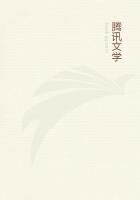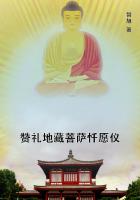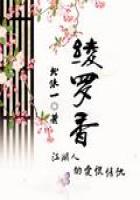Pond, the native name of the Dacotah medicine-men, "Wakan,"signifies "men supernaturally gifted". Medicine-men are believed to be "wakanised" by mystic intercourse with supernatural beings.
The business of the wakanised man is to discern future events, to lead and direct parties on the war-trail, "to raise the storm or calm the tempest, to converse with the lightning or thunder as with familiar friends". The wakanised man, like the Australian Birraark and the Zulu diviner, "dictates chants and prayers". In battle "every Dacotah warrior looks to the Wakan man as almost his only resource". Belief in Wakan men is, Mr. Pond says, universal among the Dacotahs, except where Christianity has undermined it.
"Their influence is deeply felt by every individual of the tribe, and controls all their affairs." The Wakan man's functions are absorbed by the general or war-chief of the tribe, and in Schoolcraft (iv. 495), Captain Eastman prints copies of native scrolls showing the war-chief at work as a wizard. "The war-chief who leads the party to war is always one of these medicine-men."In another passage the medicine-men are described as "having a voice in the sale of land". It must be observed that the Jossakeed, or medicine-man, pure and ******, exercises a power which is not in itself hereditary. Chieftainship, when associated with inheritance of property, is hereditary; and when the chief, as among the Zulus, absorbs supernatural power, then the same man becomes diviner and chief, and is a person of great and sacred influence. The liveliest account of the performances of the Maori "tohunga" or sorcerer is to be found in Old New Zealand, by the Pakeha Maori, an English gentleman who had lived with the natives like one of themselves. The tohunga, says this author, presided over "all those services and customs which had something approaching to a religious character. They also pretended to power by means of certain familiar spirits, to foretell future events, and even in some cases to control them. . . . The spirit 'entered into' them, and, on being questioned, gave a response in a sort of half whistling, half-articulate voice, supposed to be the proper language of spirits." In New South Wales, Mrs. Langlot Parker has witnessed a similar exhibition. The "spirits" told the truth in this case. The Pakeha Maori was present in a darkened village-hall when the spirit of a young man, a great friend of his own, was called up by a tohunga. "Suddenly, without the slightest warning, a voice came out of the darkness. . . . The voice all through, it is to be remembered, was not the voice of the tohunga, but a strange melancholy sound, like the sound of a wind blowing into a hollow vessel. 'It is well with me; my place is a good place.'
The spirit gave an answer to a question which proved to be correct, and then 'Farewell,' cried the spirit FROM DEEP BENEATH THE GROUND.
'Farewell,' again, FROM HIGH IN AIR. 'Farewell,' once more came moaning through the distant darkness of the night." As chiefs in New Zealand no less than tohungas can exercise the mystical and magical power of tabu, that is, of imparting to any object or person an inviolable character, and can prevent or remit the mysterious punishment for infringement of tabu, it appears probable that in New Zealand, as well as among the Zulus and Red Indians, chiefs have a tendency to absorb the sacred character and powers of the tohungas. This is natural enough, for a tohunga, if he plays his cards well, is sure to acquire property and hereditary wealth, which, in combination with magical influence, are the necessary qualifications for the office of the chieftain.
Pinkerton, xvi. 401.
Charlevoix, i. 105. See "Savage Spiritualism" in Cock Lane and Common Sense.
Ibid., iii. 362.
Catlin, ii. 17.
In Schoolcraft, iv. 402.
Pond, in Schoolcraft, iv. 647.
Auckland, 1863.
Page 148.
Here is the place to mention a fact which, though at first sight it may appear to have only a social interest, yet bears on the development of mythology. Property and rank seem to have been essential to each other in the ****** of social rank, and where one is absent among contemporary savages, there we do not find the other. As an example of this, we might take the case of two peoples who, like the Homeric Ethiopians, are the outermost of men, and dwell far apart at the ends of the world. The Eskimos and the Fuegians, at the extreme north and south of the American continent, agree in having little or no private property and no chiefs. Yet magic is providing a kind of basis of rank. The bleak plains of ice and rock are, like Attica, "the mother of men without master or lord". Among the "house-mates" of the smaller settlements there is no head-man, and in the larger gatherings Dr. Rink says that "still less than among the house-mates was any one belonging to such a place to be considered a chief". The songs and stories of the Eskimo contain the praises of men who have risen up and killed any usurper who tried to be a ruler over his "place-mates". No one could possibly establish any authority on the basis of property, because "superfluous property, implements, etc., rarely existed".
If there are three boats in one household, one of the boats is "borrowed" by the community, and reverts to the general fund.

